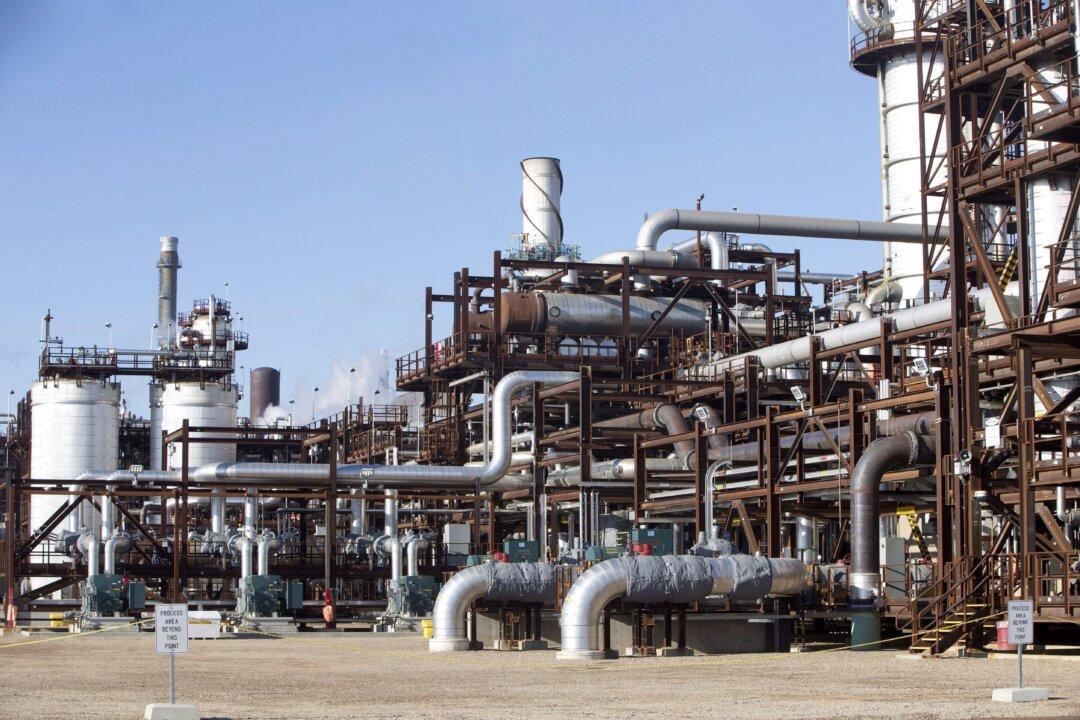Alberta Premier Danielle Smith said she sees carbon capture utilization and storage (CCUS) as an important way to keep Alberta’s oil and gas industry productive for years to come.
She also used her speech at the Carbon Capture Canada 2023 conference in Edmonton on Sept. 12 to criticize federal proposals to make the province’s electrical grid net zero by 2035.





